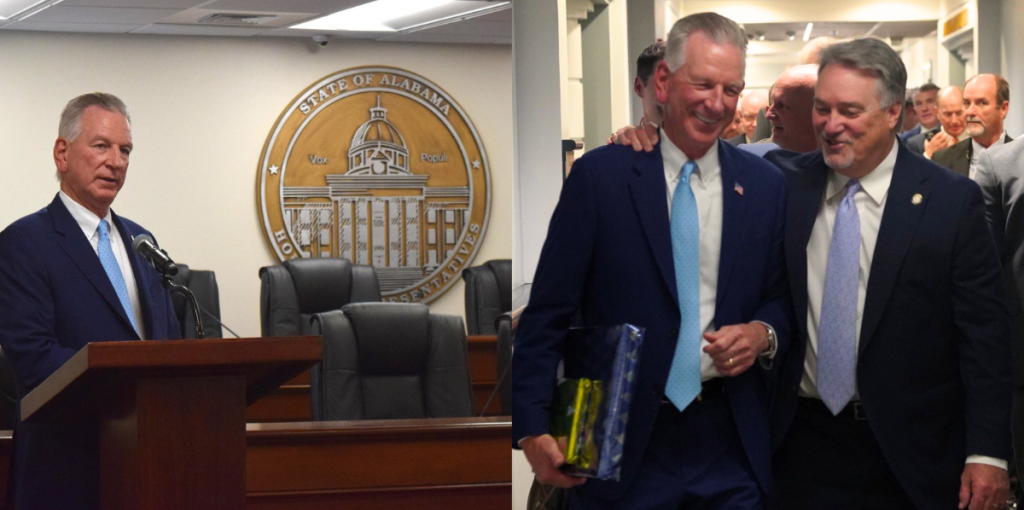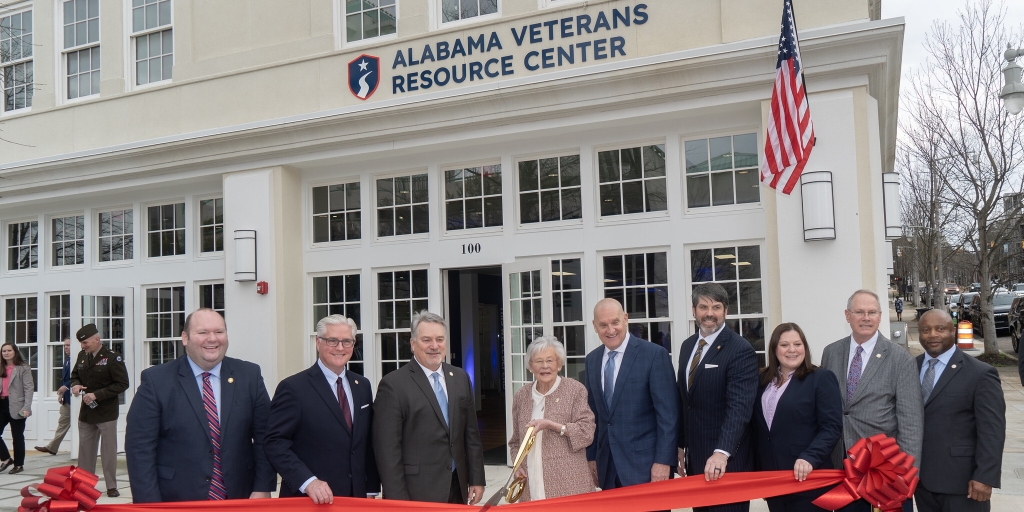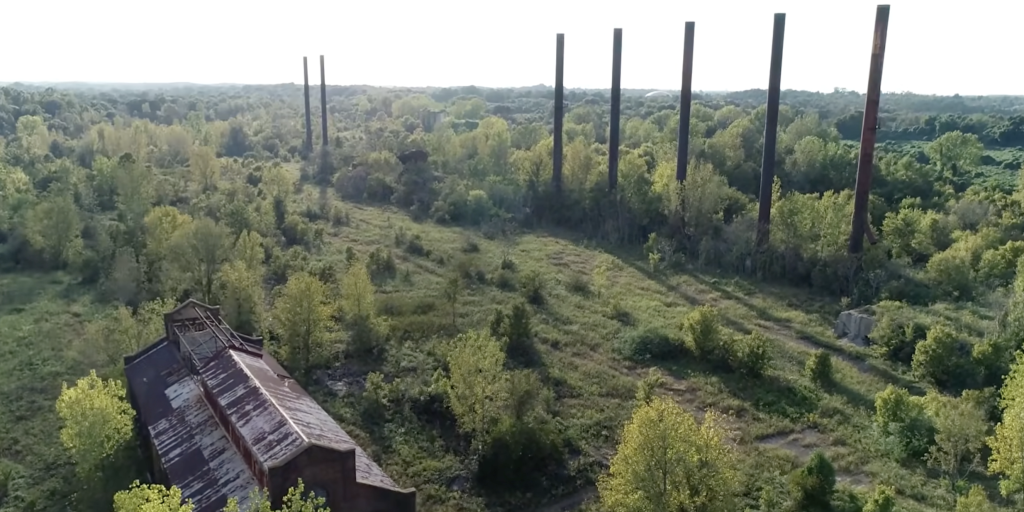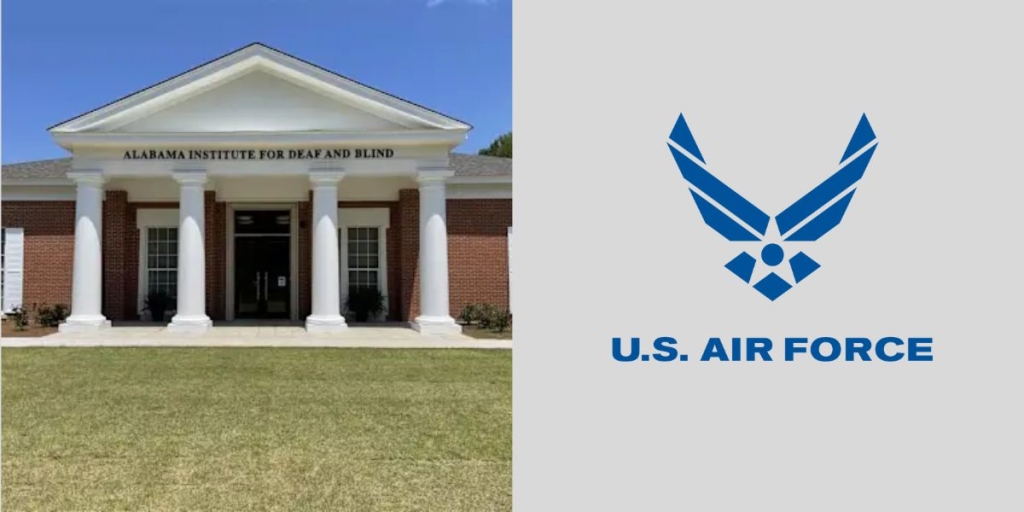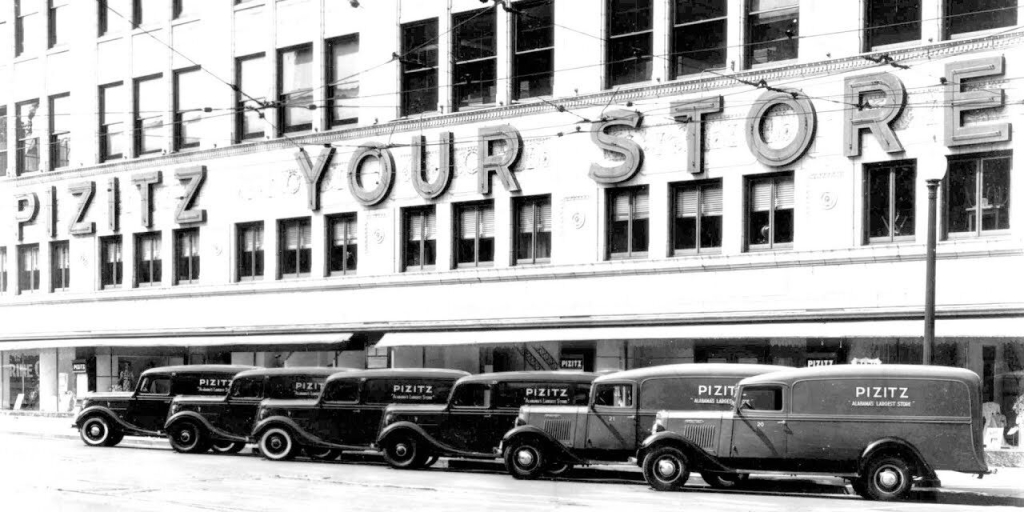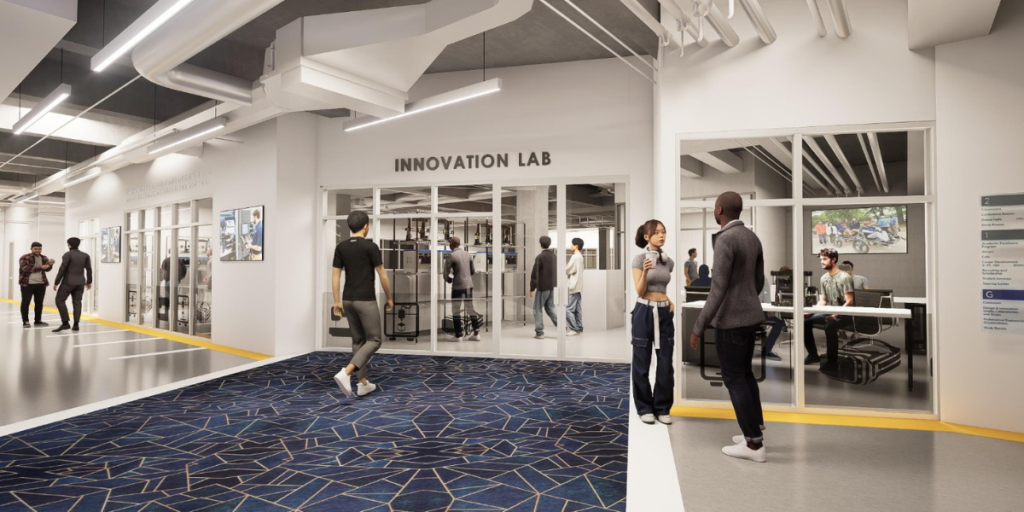Bolstered by successful testing at the National Carbon Capture Center, CarbonBuilt and Alabama-based Blair Block have reached an agreement to use CarbonBuilt’s revolutionary low-carbon concrete technology at Blair Block’s concrete masonry production facility in Childersburg.

The agreement represents the first commercialization of CarbonBuilt’s Carbon XPRIZE-winning technology, developed at the UCLA Samueli School of Engineering. The custom concrete-mix design significantly reduces consumption of high-emissions cement while enabling the increased and more flexible use of local, carbon dioxide (CO2)-reactive waste materials. The curing process then permanently mineralizes CO2 into the concrete, resulting in blocks that permanently store over 2% carbon by mass. The application of CarbonBuilt’s technology at Blair Block’s facility will reduce the carbon footprint of Blair Block’s products by over 80% with no compromise on price, product performance or plant operations.
During a 2021 test campaign, teams from the National Carbon Capture Center, CarbonBuilt and UCLA demonstrated CarbonBuilt’s technology under a range of actual industrial operating conditions. The National Carbon Capture Center is located at Alabama Power‘s Plant Gaston in Shelby County. The center is managed and operated by Alabama Power’s parent company, Southern Company.
Post-production analysis of more than 5,000 blocks cured with CO2 from both natural gas and coal flue-gas streams verified both the CO2 uptake from streams and block performance (such as strength testing) compared to industry standards. The testing was successful across all metrics and ensured confidence in the technology for industrial use.
“We were honored to provide critical testing of the CarbonBuilt technology to aid in its demonstration and scale-up to full commercialization,” said John Northington, National Carbon Capture Center director and director of net-zero technologies for Southern Company research and development.
“Advancing novel technologies that reduce the carbon footprint of essential products like concrete is critical in achieving economywide decarbonization and is a growing focus of our work for the U.S. Department of Energy,” Northington said.
The retrofit of one production line at Blair Block will enable the annual manufacturing of about 2.3 million 8-inch block-equivalents. Each block will permanently sequester around 0.55 pounds of CO2, resulting in the annual removal of over 600 metric tons of CO2 per year. In addition, about 2,500 metric tons of CO2 emissions will be avoided annually through changes to the concrete’s formulation.
“This partnership is a critical step in our journey to reduce the carbon footprint of the concrete industry,” said Rahul Shendure, CEO of CarbonBuilt. “Our approach, which reduces the cost of concrete production while simultaneously reducing CO2 emissions, unlocks the potential of the concrete industry to drive gigaton-scale carbon removal in the coming years.”
CarbonBuilt’s masonry formulations replace most or all of the carbon-intensive Portland cement, concrete’s traditional binder, with widely available, lower-carbon and low-cost materials.

At Blair Block, CO2 emissions derived from locally sourced forestry waste will be mineralized into concrete masonry during the curing process.
“We first saw the environmental potential of CarbonBuilt’s technology when we participated in their pilot demonstration project at the National Carbon Capture Center,” said Matt Blair, an owner and vice president of Blair Block. “But it was the strong economic value proposition that solidified our decision to become the first commercial-scale producer to implement CarbonBuilt’s technology.”
Stripe Climate, which is the first buyer of carbon removal from this novel technology, has purchased 2,000 metric tons from the Blair plant. The agreement is part of Stripe’s Negative Carbon Emissions Project, which is catalyzing the removal and sequestration of CO2 from the atmosphere.
With anticipated improvements to the mix design, application of the technology to Blair’s second line and full capacity utilization, CarbonBuilt eventually expects to increase Blair Block’s carbon avoidance and removal to three times the initial levels. Availability of the first low-carbon blocks made with CarbonBuilt’s technology is expected from Blair Block in the first quarter of 2023.
As a neutral test bed for the Department of Energy’s National Energy Technology Laboratory, the National Carbon Capture Center has provided more than 127,000 hours of real-world testing for carbon capture innovators from the U.S. and six other countries. The scope of research at the center includes carbon capture for natural gas power generation, carbon utilization and technology-enhanced solutions such as direct air capture. Learn more about the center here.
(Courtesy of Alabama NewsCenter)








